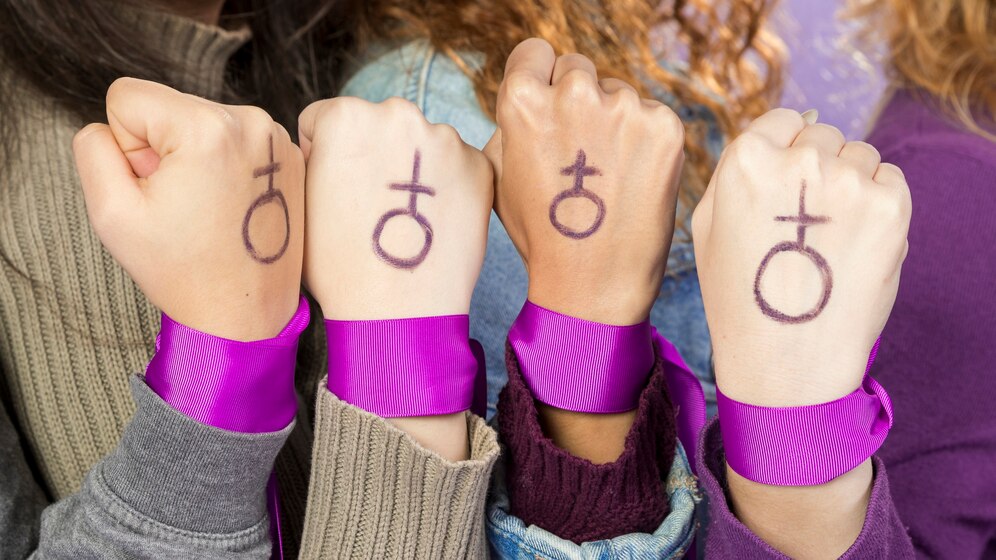Navigating Reproductive Rights in the United States: A Complex Landscape of Access and Controversy
In the United States, discussions surrounding reproductive rights have long been at the forefront of political and social debates. Central to this discourse are contentious issues such as access to contraception, abortion laws, and reproductive healthcare. As the nation grapples with these complex and deeply personal matters, it becomes evident that the landscape of reproductive rights is multifaceted, with competing interests and ideologies shaping the narrative.

Access to Contraception: A Fundamental Right
Access to contraception is widely regarded as a fundamental aspect of reproductive rights, allowing individuals to make informed decisions about their reproductive health and family planning. While significant progress has been made in expanding access to contraceptive services in recent decades, barriers still exist, particularly for marginalized communities.
Cost, geography, and lack of education are among the primary obstacles to contraceptive access faced by many Americans. Additionally, political debates over issues such as insurance coverage for contraception and funding for family planning programs have further complicated efforts to ensure equitable access nationwide. Despite these challenges, access to contraception remains essential for empowering individuals to control their reproductive destinies and pursue their life goals.
Abortion Laws: A Divisive Legal and Moral Debate
Perhaps the most contentious aspect of reproductive rights in the United States revolves around abortion laws. Since the landmark Roe v. Wade decision in 1973, which legalized abortion nationwide, the issue has remained deeply polarizing, with conflicting views on the rights of women versus the rights of the unborn.
State-level legislation plays a significant role in shaping access to abortion services, leading to a patchwork of laws that vary widely across the country. Some states have enacted restrictive measures, such as mandatory waiting periods, gestational limits, and targeted regulations on abortion providers (TRAP laws), while others have taken steps to protect and expand access to abortion services.
Also read: The Art of Travel: Rediscovering the World Through Unexpected Lenses
The ongoing legal battles over abortion rights underscore the broader societal tensions surrounding individual autonomy, religious beliefs, and the role of government in regulating private medical decisions. As debates rage on in legislatures, courtrooms, and communities nationwide, the future of abortion rights in the United States remains uncertain.

Reproductive Healthcare: Beyond Abortion and Contraception
Reproductive healthcare encompasses a spectrum of services beyond abortion and contraception, including prenatal care, maternity care, STI screening and treatment, and infertility treatments. Access to comprehensive reproductive healthcare is crucial for promoting individual well-being, reducing maternal and infant mortality rates, and addressing disparities in healthcare outcomes.
However, disparities in access to reproductive healthcare persist, particularly among underserved populations. Factors such as lack of insurance coverage, geographic barriers, and discrimination can hinder individuals from accessing the care they need. Efforts to expand access to reproductive healthcare must prioritize equity and inclusivity, ensuring that all individuals have the resources and support necessary to make informed decisions about their reproductive health.
In conclusion, the debates surrounding reproductive rights in the United States are complex, deeply rooted in ideology, and profoundly impact the lives of millions of Americans. As we navigate this terrain, it is essential to engage in thoughtful dialogue, centering the voices and experiences of those most affected by these policies. By advocating for policies that prioritize equity, dignity, and bodily autonomy, we can work towards a future where all individuals have the freedom to make decisions about their reproductive health and future.